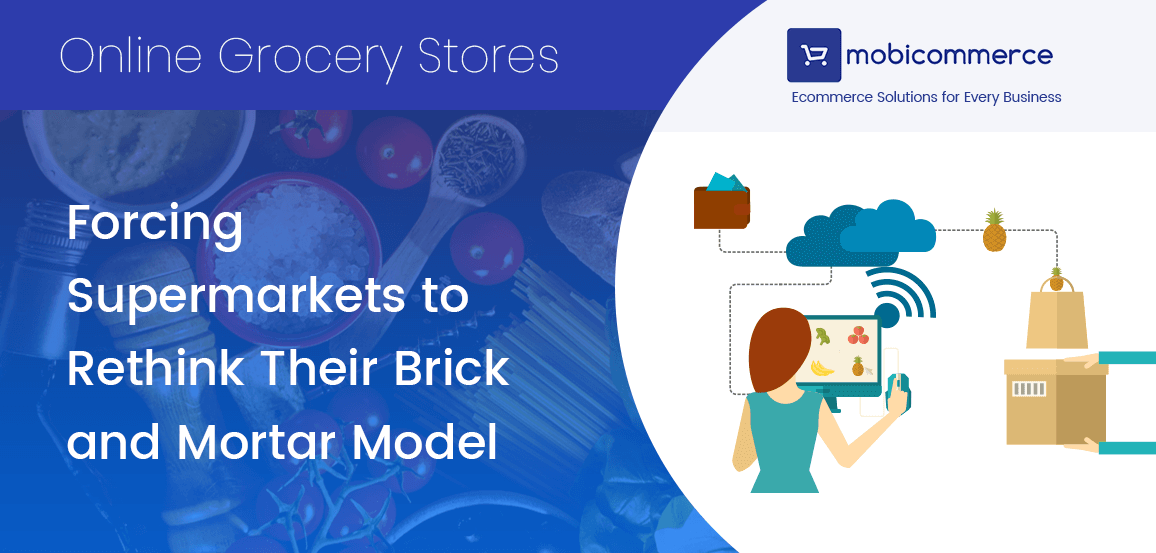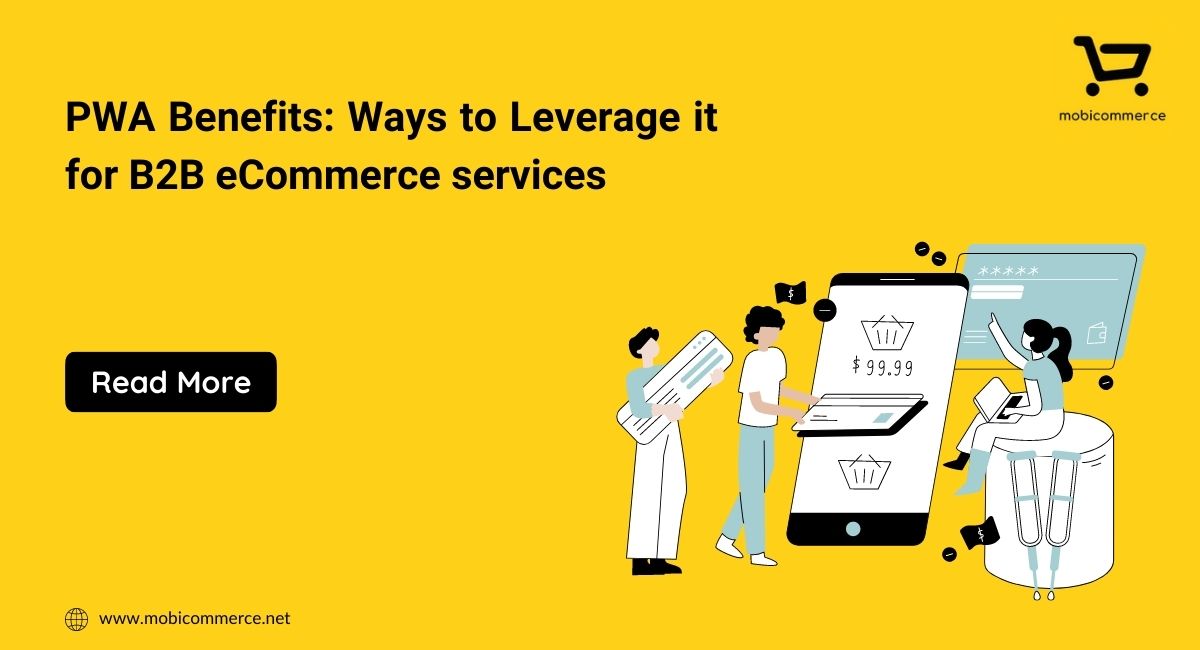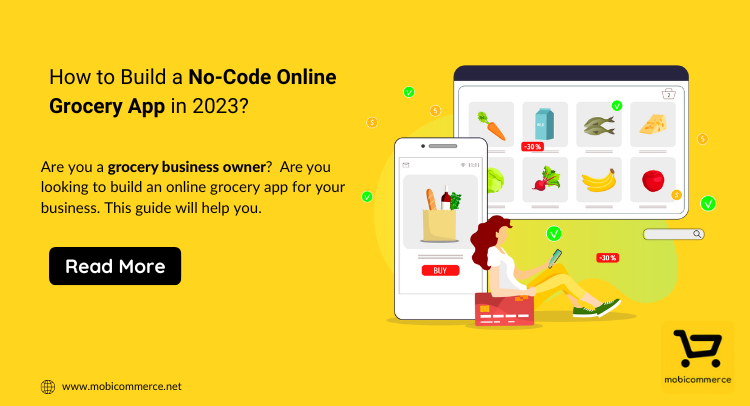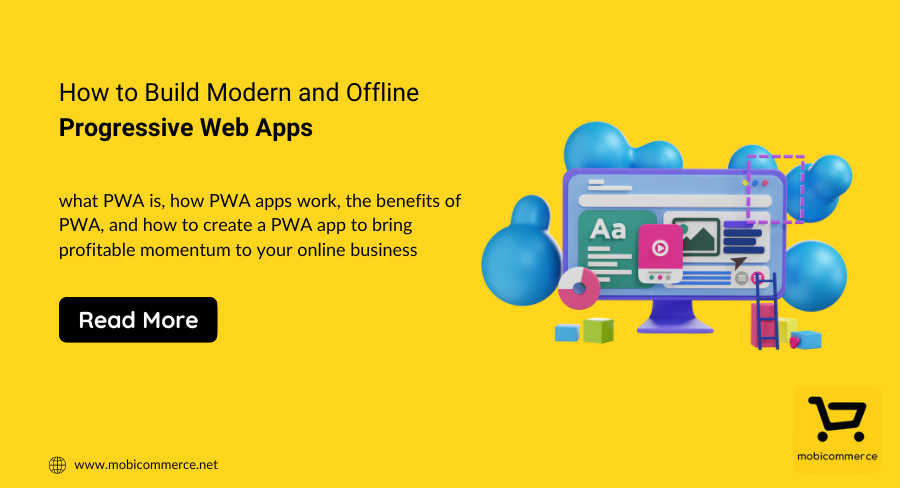
The world is going digital in a big way. Every retail industry is experiencing a paradigm shift unlike any other and the grocery retail marketspace is no exception. This market has long been dominated by physical stores where customers could browse and shop for the groceries they wanted.
But now, things are changing fast and ecommerce grocery store apps are sprouting up all over the place. From high-end commercial grocery retail chains to small independent grocery businesses, everyone is realizing the value of a digitalized business model.
If you are planning to enter this space or expand your business prospects, then it is hightime you should explore this aspect of your business. Having an integrated grocery store website development solution will help your business step up its game and adopt a more progressive approach to do commerce.
However, before you jump in with both feet, here are some of the key considerations that you ought to make.
Top Things to Consider When Looking for Grocery Website and App Builder Services
1. The Service Area
In order for your business to attain a respectable digital presence, you need to have a well-defined business model which is scalable and can incorporate technological advancements. The service area will define the scope of your business operations. Depending upon the target niche in the grocery market that you want to cater to such as organic products, select suppliers with specific cultivation practices etc. your website and app will differ.
2. The Market Demographic
The audience that you are looking to service is instrumental in defining the scope of your services. Naturally, if your target demographic does not shop for groceries online, then there is little value to get from going digital. Of course, in the longer run, you will have to go digital eventually. However, if your demographic is not tech savvy enough to shop groceries online, then you might need to test the waters and change attitudes before making a full-scale investment.
3. The Seasonal Impact
The grocery industry is heavily dependent on seasonal availability of products. Naturally, your grocery ecommerce mobile app developer will need to take this into account when creating your app. Alongside the need for providing the right platform for seasonal grocery sales, the website and app can also capitalize on them and market them uniquely. This is critical to overall success and is one of the strongest reasons for having a digital presence in the first place.
4. The Produce Method and Source Details
One of the biggest reasons why many professionals tend to shop for groceries online is that they want to know details about the produce they plan to buy in one place. Going to an actual physical grocery store and talking to a worker is a tedious process. But this required information can be provided easily on a website or through a dedicated app. This will help clients make the right purchases and rely increasingly on your company.
5. Delivery Logistics and Tracking
Live tracking is a very popular part of online ecommerce irrespective of the nature of the business. Your grocery website builder must integrate this into your online portal as well as your app itself. This will help your clients stay apprised on the estimated ETA for their order and enable smoother transactions at all levels. Further, the mode of delivery should be mentioned along with the order to assure clients of the freshness of the products being delivered.
6. Advertising and Marketing
Once a website and app have been created, it can host advertisements for a nominal price. Of course, there is a cost involved in online marketing and there needs to be an appropriated budget allocated for that. However, all the native advertising that you will do on your website and app can come at a relatively lower cost. With that said, online marketing is very competitive and one of the primary ways of cutting costs is to have a streamlined website-app platform. An effective way of ensuring this is by getting on-demand delivery website development services.
7. Scaling and Business Growth
Your digital ecommerce grocery platform will be both a one-time major expense as well as a minor ongoing cash outflow for maintenance. For most businesses new to the marketspace, it might be enough to develop and establish their brand presence. However, businesses which already have a set reputation would look to expand further. For this purpose, they need to look towards scalable grocery store website app development solutions. This is important as it will offset the costs of future growth of the digital platform and allow the company to integrate emergent trends and technologies with ease.
8. Addressing Niche-specific Requirements
Grocery ecommerce businesses are often focussed on serving specific niches. Naturally, they want to cater to their primary niche as closely as possible. So, the app and website developed to substantiate the business must be sensitive to the influences in each niche. For example, for organic groceries market, integrating a blog on diet and eco-friendly production practices is a good way to generate and retain brand loyalty. Similarly, for grocery businesses catering to specific culinary preferences, having a grocery website builder specializing in niche-specific designs is highly beneficial from a branding and marketing perspective.
9. Integration with Physical Storefront
While the grocery business ecommerce model has been well received overall, there is a degree of reluctance in accepting in some portions of the audience. This is because the quality and freshness of the products are best examined in person. So, many grocery businesses resort to having a storefront and also offering online ordering and delivery services. In that case, there needs to be proper integration between activities in the physical store and the larger logistical network through which the company seeks to provide its products.
Conclusion
The 9 key factors mentioned above are critical to creating effective and profitable grocery ecommerce mobile apps and websites for all businesses. If you are planning to expand into this domain then you must keep these factors in mind when deciding upon and developing the operational model for your business and ensuring your digital presence can sync with it flawlessly.

In order to improve user experience, businesses are increasingly turning to progressive web apps, which combine the best features of regular apps and websites. Ecommerce businesses which have created mobile-first PWAs have seen significantly faster page loading times, better conversion rates and improved engagement. On average, a website using PWA can increase speed performance by… Continue reading PWA benefits: Ways to Leverage it for B2B eCommerce services

If you have a grocery store and you are looking to take your business to the next level, then this is the right time to invest in grocery mobile apps. A report by Oberlo suggests that online grocery sales in the US are expected to reach $160.91 by 2023. Not only this, the revenue continues… Continue reading How to Build a No-Code Online Grocery App in 2023?

Most businesses create an app to establish their business in the digital world. But after some time, these businesses end up investing much more money by creating different versions and similar apps for different operating systems to stay relevant in the market. Later on, this choice of businesses becomes painful as they spend more money… Continue reading How to Build Modern and Offline Progressive Web Apps
Sign up for our newsletter and be the first to receive all the latest updates.
Request a callback from us by filling the form below.

Get your project estimate. Brainstorm business ideas. Book a demo. Get complete support and so much more!